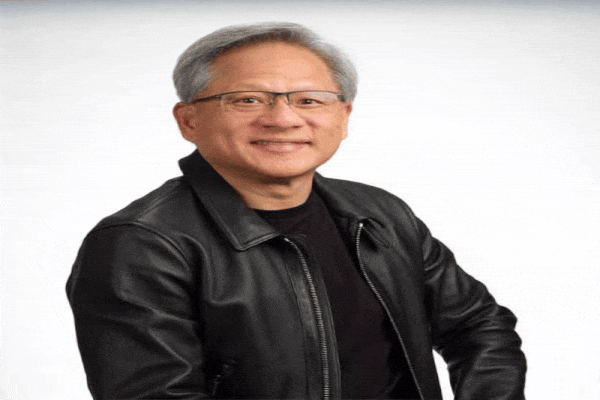In a keynote address at the 2025 Hill and Valley Forum in Washington, D.C., Nvidia CEO Jensen Huang painted a sweeping vision of artificial intelligence as the foundation of a new industrial age. Drawing analogies to the revolutionary power of electricity, Huang asserted that AI will catalyze change on an equivalent, if not greater scale, becoming the “production of intelligence” and transforming industries from education to manufacturing.
Central to this vision is the emergence of “AI factories,” a new type of infrastructure designed to generate AI models and autonomous agents that operate across sectors.
Huang emphasized that the next phase of AI advancement must go beyond generative capabilities to include autonomous reasoning, an evolution requiring both technological breakthroughs and bold societal adoption.
Why It Matters: Jensen Huang’s remarks arrive at a pivotal moment, as governments, enterprises, and academic institutions grapple with the profound implications of AI integration. His emphasis on application over invention offers a strategic reframing: success in the AI era won’t hinge solely on creating new technologies, but on how swiftly and effectively they’re embedded into real-world systems. This means building the right infrastructure (AI factories), cultivating talent pipelines, and nurturing a culture of innovation and experimentation.

- AI Factories: Producing Intelligence at Scale: Jensen Huang introduced the concept of “AI factories,” which he described as purpose-built data centers that serve as the modern equivalent of industrial manufacturing hubs. “This new technology is going to enable a new industry…the production of intelligence,” he explained, asserting that AI factories would create scalable intelligence in the same way traditional factories scaled the production of goods. These centers will power everything from drug discovery in healthcare to personalized learning in education and advanced automation in manufacturing. Huang likened their impact to the arrival of electricity, saying, “This is as transformative and as impactful as electricity was before.”
- The Shift Toward Reasoning AI and Agentic Systems: Huang elaborated on what he called the “reasoning AI” phase, AI that not only generates content but also understands context, applies logical rules, and solves problems it has never encountered before. “We use reasoning, we apply rules, laws, and principles we’ve learned in the past…and break the problem down step-by-step,” he said. This reasoning capability marks a leap toward agentic AI: autonomous agents capable of understanding tasks, learning from new data, and interacting with digital tools such as browsers, calculators, and spreadsheets. “It has agency,” Huang said, meaning these AI systems can make decisions and take actions independently, bringing AI closer to generalized intelligence.
- Physical Intelligence: Teaching AI Common Sense: One of the key challenges in AI development, Huang noted, is giving machines a kind of physical intuition, a layer of reasoning that even children and animals naturally possess. “Most AIs don’t understand that if I tip that thing over, it’s going to fall,” he said, pointing to a lack of common-sense physics in most systems today. “Children and even our pets have it,” he added, calling for future AI systems to be grounded in an understanding of friction, inertia, cause and effect, what he termed “common sense physical reasoning.” This would enable AI to function not just as software agents but as cognitive partners in real-world tasks.
- The Strategic Imperative: Talent, Application, and National Resilience: Huang underscored the global talent dynamics in AI, stating, “50% of the world’s AI researchers are Chinese,” and stressing that innovation alone is not enough. “The winners of the last industrial revolution weren’t the ones who invented it, it was the ones who applied it.” In this context, he encouraged the U.S. and other nations to accelerate application through policy, infrastructure investment, and education. He emphasized that fear of disruption, such as concerns over job displacement, should not deter progress. “Everybody else was worried about things like labor…the United States just took it and ran with it,” he said, referencing how America led in the adoption of steel and energy during past revolutions.
- Workforce Reskilling and Infrastructure Readiness: Huang closed by pointing to the urgent need for societal and workforce adaptation. “It’s about not being afraid of it, wanting to engage it,” he said. As AI becomes more deeply embedded into workflows, retooling the labor force is essential. He urged nations to focus on reskilling programs to empower workers with the capabilities needed to operate, guide, and coexist with intelligent systems. The next industrial revolution, Huang warned, will not wait for hesitant adopters, it will reward the bold and prepared.
Go Deeper -> Reshaping America – The Hill and Valley Forum 2025





